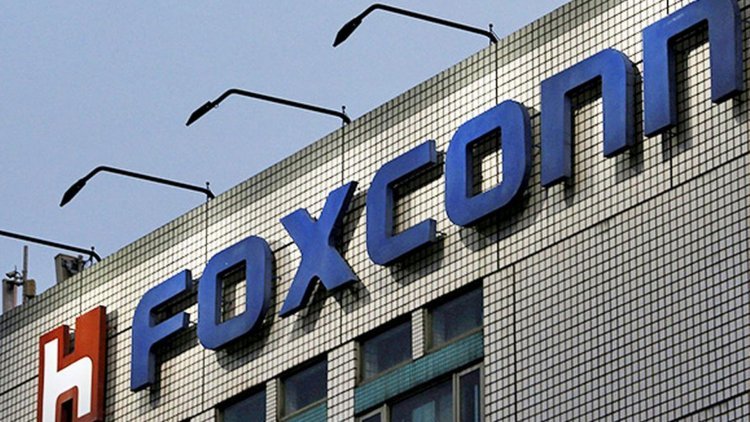Foxconn unit to sell Unigroup's interest in Chinese chipmaker
Taiwan is tightening laws to stop what it claims is China stealing its chip technology as it keeps a careful eye on China's drive to grow its semiconductor industry.

The largest manufacturer of contract electronics in the world, Foxconn of Taiwan, announced on Friday that its Chinese subsidiary has agreed to sell its entire ownership share in the troubled Tsinghua Unigroup semiconductor conglomerate.
Taiwan is tightening laws to stop what it claims is China stealing its chip technology as it keeps a careful eye on China's drive to grow its semiconductor industry.
Foxconn, a significant supplier to Apple Inc. and a producer of the iPhone, revealed in July that it was a shareholder in Tsinghua Unigroup.
Authorities suspect Foxconn breached a statute governing the island's relations with China since it did not obtain the government of Taiwan's approval before making the investment, sources familiar with the situation previously told Reuters.
Xingwei, which is controlled by Foxconn Industrial Internet Co Ltd, a subsidiary listed in China, to the tune of 99%, has agreed to sell its assets for at least 5.38 billion yuan ($772 million), according to a late-night statement made by Foxconn to the Taipei Stock Exchange.
Xingwei has a 48.9% ownership position in a different company that owns a 20% investment in the entity that is the sole owner of Unigroup.
In its filing, Foxconn didn't offer any justification for the choice. On Saturday, a request for comment was not immediately answered by Foxconn or Tsinghua Unigroup.
With little further information at the time, Foxconn stated in August that it had a backup plan in case the Taiwanese government rejected the investment.
In accordance with Taiwanese legislation, the government is permitted to impose investment restrictions on China "based on the assessment of national security and industry growth". Repeated fines could be imposed on lawbreakers until they make amends.
As it enters the electric vehicle sector, Foxconn, formerly known as Hon Hai Precision Industry Co Ltd, is particularly interested in producing car chips.
The business has been looking to buy chip manufacturing facilities all over the world as a global chip shortage unnerves manufacturers of items ranging from electronics to vehicles.
To prevent corporations from locating their greatest technology abroad, Taipei forbids them from constructing their most sophisticated foundries in China.
Since Beijing started holding regular military drills near the island three years ago to bolster its claims to sovereignty, including war games with missiles in August, Taiwan's leadership has been extra suspicious of China.
Tsinghua Unigroup, which began as a division of China's esteemed Tsinghua University, rose to prominence in the preceding decade as a potential domestic champion for the country's struggling chip industry.
However, under the leadership of former chairman Zhao Weiguo, the company accumulated debt, which forced it to stop making bond payments in late 2020 and finally declare bankruptcy.
There are currently no world leaders in the semiconductor industry produced by the firm.




 admin
admin 




















